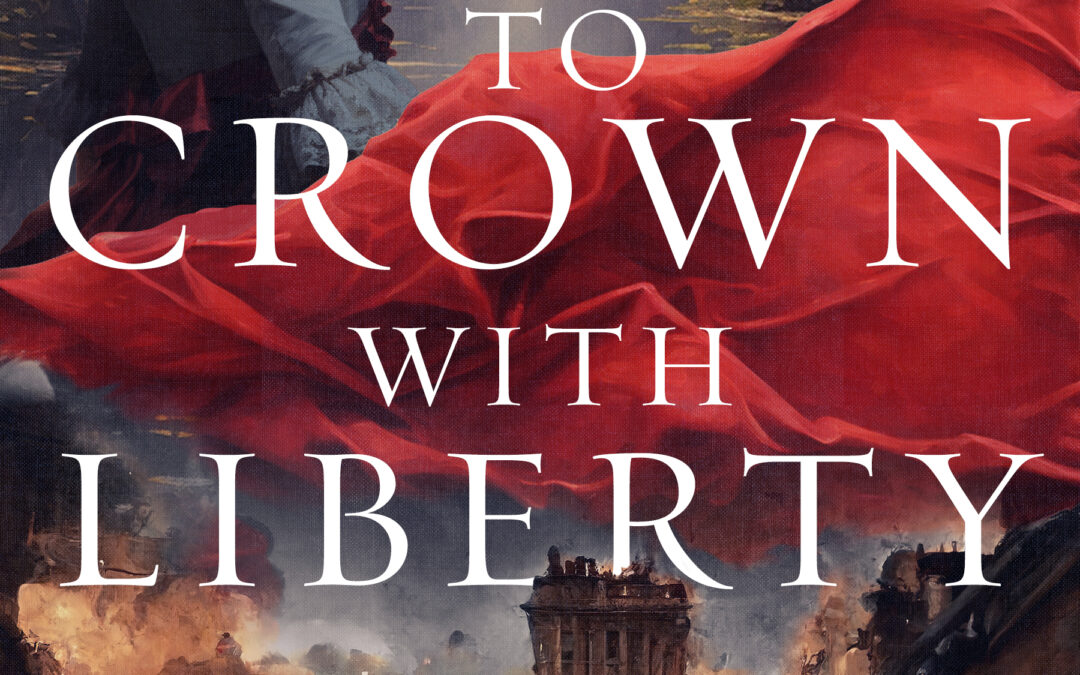If you’re planning to read To Crown with Liberty with your book club, class, etc., here are a few questions to help you get the discussion started. I’m offering this content free to anyone. You’re welcome to copy/ paste these into a Word doc or other file for printing and distribution.
To Crown with Liberty by Karen Ullo
Discussion Questions
Memorable Scene
What was the most memorable scene in your opinion? Why? What emotions did it evoke for you?
New Orleans
Have you ever been to New Orleans? Was there anything about the presentation of the city in 1795 that surprised you? Anything that felt familiar?
Paris
Have you ever been to Paris? Was there anything about the presentation of the city that surprised you? Anything that felt familiar?
Did you know that the Champs de Mars, the site of both the Fête de la Fédération to celebrate the anniversary of the fall of the Bastille and the Champs de Mars massacre, is better known in our century as the site of the Eiffel Tower? Does that change anything about how you look at one of the most famous landmarks in the world?
Liberty
Why do you think the book is called To Crown with Liberty? According to the book, what do you think true liberty is, and who bestows its “crown?”
Religious Persecution
Describe the changes that led from a society ruled by a Catholic monarchy to one that actively persecuted the Church. Was the persecution justified? Why or why not? Was there anything that resonated with your experiences of modern society?
Martyrdom
The book is dedicated the Holy September Martyrs, one hundred and ninety-one men like Father Pontus who were killed for refusing to pledge an oath that effectively idolized the government, placing it above God. Do you think they were they right to refuse? Why or why not? What do you think about other priests, like Father Barrière in Saint-Martin, who chose to flee instead of being killed? (Both Father Pontus and Father Barrière were real people.)
Historical Figures
Which historical figures in the book did you recognize? Did you learn anything new about them? Was there anything that surprised you about the way they were portrayed?
Slavery
In the book, Alix wonders how it is possible that the Catholic Church has not condemned slavery when even the Jacobins took steps to outlaw it. In fact, many popes condemned slavery dating back to the 15th century, yet it remained a common practice not only among individual Catholics but even Catholic institutions in the New World. Alix’s question is based on the evidence of her experience, since she has no access to papal records. Why do you think this happened? Are there any moral teachings of the Church that you see faithful Catholics today violating on a widespread, everyday basis?


Recent Comments